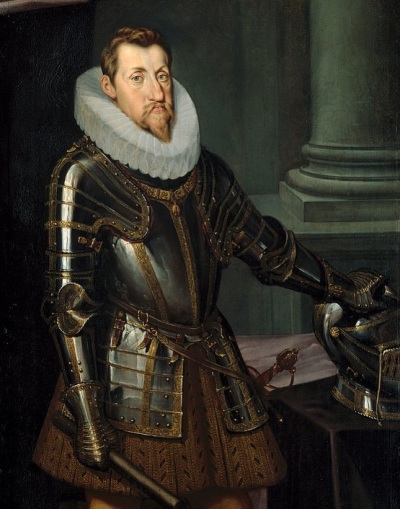This week in Christian history: Johann Brenz defends Anabaptists, Benjamin Randall dies
Treaty of Westphalia signed – Oct. 24, 1648

This week marks the anniversary of when the Treaty of Westphalia, the measure that ended the Thirty Years War, a conflict largely fought between Catholics and Protestants, was signed.
The conflict had begun in 1618 when Holy Roman Emperor Ferdinand II had tried to force Protestant member states in what is now Germany to convert to Catholicism. The conflict eventually included France and Sweden.
“Catholic and Protestant (Lutherans and Calvinists) religions were recognized as equal and that the princes were allowed to choose a religion for their territory and to force their subjects to conform to their religion,” wrote Jenny Gesley for the Library of Congress in 2017.
“With regard to individual religious freedom, the treaty provided that Catholics in a Protestant region and Protestants in a Catholic region were allowed to practice their religion at home, to attend religious services, and to bring up their children according to their religion.”




























